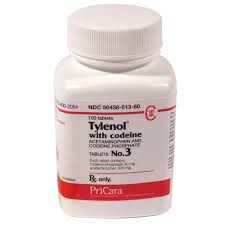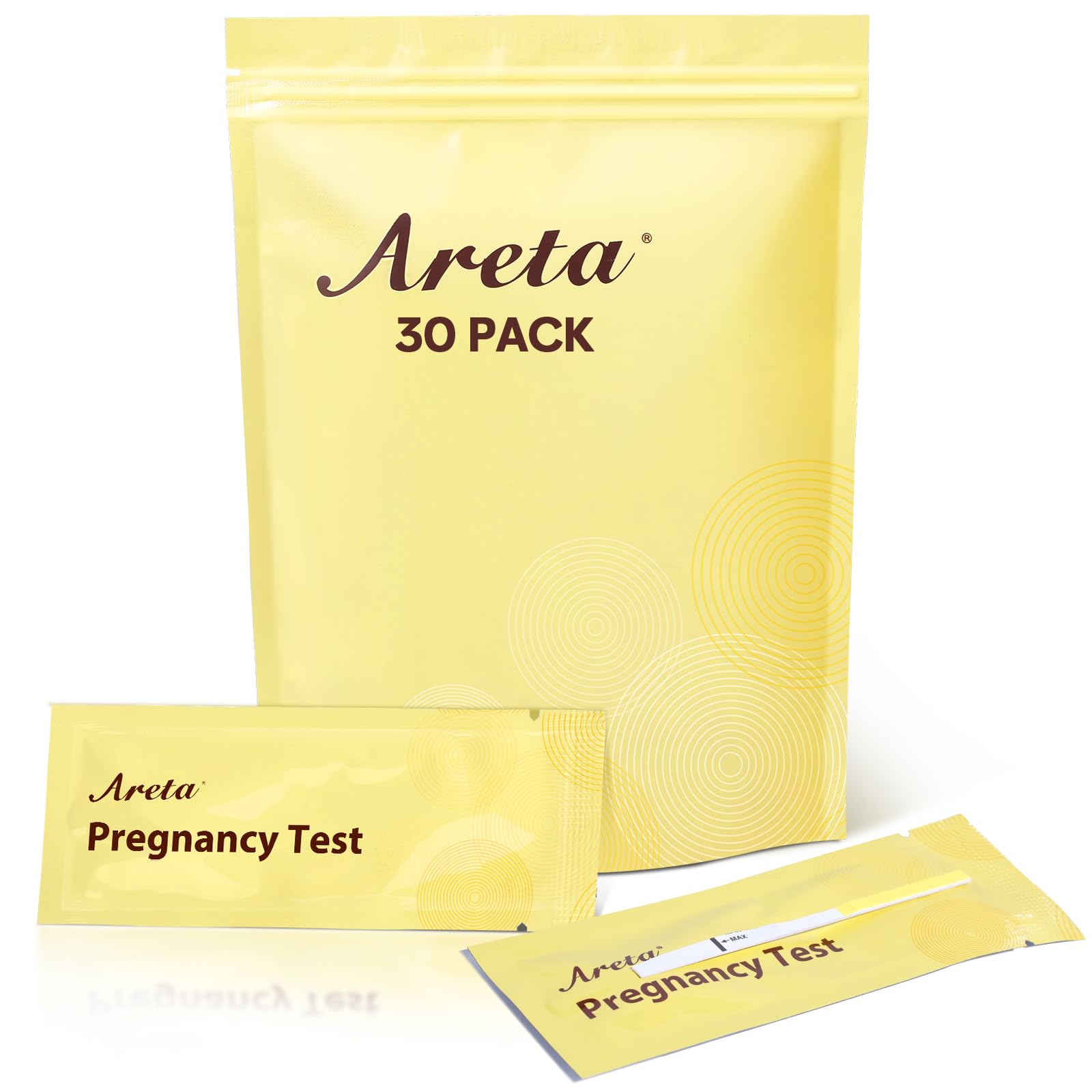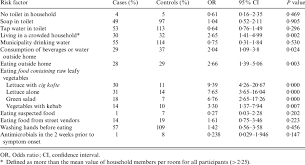Introduction
Tylenol, known generically as acetaminophen, is one of the most widely used over-the-counter pain relief medications globally. Its popularity stems from its effectiveness in treating headaches, muscle aches, arthritis, backaches, toothaches, colds, and fevers. Despite its widespread use and accessibility, recent developments in research and health advisories have raised questions regarding its safety, particularly concerning liver warnings and overdose risks.
Market Presence and Use
Tylenol is a brand owned by McNeil Consumer Healthcare, a subsidiary of Johnson & Johnson. It is available in multiple forms including tablets, liquid suspensions, and extended-release formulations, making it user-friendly for people of all ages. According to a report by the American Pain Society, acetaminophen remains one of the most recommended medications for pain management, often recommended as a safer alternative to nonsteroidal anti-inflammatory drugs (NSAIDs) for mild to moderate pain.
Recent Health Concerns
Despite its benefits, recent health studies have highlighted potential risks associated with Tylenol usage. In 2022, the FDA updated safety communications related to acetaminophen, stressing the risk of liver damage when taken in excessive amounts or combined with alcohol. An investigation revealed that approximately 25% of adults taking Tylenol exceed the recommended dosages, often due to lack of awareness about its presence in many combination pain medications and cold remedies.
In October 2023, a series of articles published in medical journals detailed the findings of clinical studies linking long-term and high-dose use of acetaminophen to an increased risk of chronic kidney disease. Health experts have begun advocating for clearer consumer education regarding the risks of overuse and the importance of adhering to dosage instructions.
Conclusion
As Tylenol continues to be a staple in many medicine cabinets, it is essential for consumers to remain informed about its potential risks and to follow safe usage guidelines. Healthcare professionals play a crucial role in educating patients about appropriate use and the dangers of exceeding the recommended dose. Moving forward, stakeholders in the healthcare industry must prioritize transparency and work together to minimize risks associated with over-the-counter medications like Tylenol while maintaining its availability for safe use.
With ongoing research, it is likely that we will see changes in guidelines and consumer education materials regarding acetaminophen usage in the near future, which may prompt a reevaluation of how such medications are marketed to the public.


